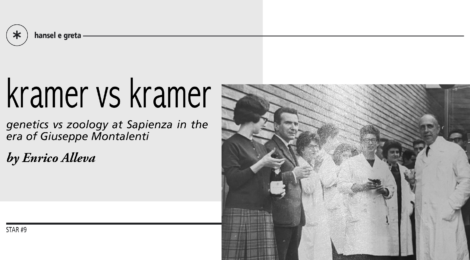
kramer vs kramer
Entering the Institute of Genetics in 1973 was not, after all, that easy. The process, I dare say, was almost “sentimental,” as it involved diligently attending some of the courses, especially the one taught by the then-director of the Institute, professor Giuseppe Montalenti. He held a splendid genetics course where the history of the discipline and even portraits of scientists were intertwined to explain the principles of genetics of those years, still devoid of much molecular genetics from the subsequent years. Montalenti’s Genetics textbook published by UTET was and still is a magnificent book to read or at least to browse, with its elegant Savoyard iconography and concise and didactically compelling prose.
To be admitted to the internship, some unspoken golden rules were whispered about in the hallways. One had to include in their curriculum the examination of either history or philosophy of science. It was a pleasant duty, an obligation to which all of us willingly submitted. Many of us took the philosophy of science exam with professor Vittori Somenzi, a physicist and former director of the military aeronautics meteorological services, who was later recruited by Mario Ageno, Giuseppe Montalenti, and other professors at Sapienza. Another historical figure and the founder of a prominent school.
During those years, with me as interns, Elisabetta Visalberghi, Paola Salvini, and Pietro Comba; Margherita Bignami was just about to leave. The senior fellows were Loreto Rossi and the already active Anna Elisa Fano, who later spent an extended period at the University of Ferrara after a stage at Pollenzo hydrobiology, under the firm guidance of the woman known as the “Golda Meir of ecology” in those primordial years of the subject.
Guido Modiano and Luciano Terrenato were the professors who interacted the most with us, the young students who were deeply influenced by the glorious spirit of ‘68. Of course, having a high GPA was an essential requirement for the internship, ça va sans dire.
I attended Montalenti’s teachings until he was hospitalized for severe emphysema at the Policlinico Gemelli shortly before he left us. I used to visit him at his beautiful house on Via Asmara, where we talked about lampreys in the Tiber and the conservation of vertebrate species. I collected some stories he explicitly requested me to tell in the presence of Elisabetta Visalberghi, who accompanied me during these hospital visits. “Alleva, you must tell this,” he said when I proposed to teach Genetics. Some people, whose names I honestly don’t remember, commented that genetics didn’t deserve to be a separate subject as it was visibly a part of Zoology. Others sneered, “But this Montalenti wants to teach Genetics. Genetics is an American fad that will pass.” “It hasn’t passed, has it, Alleva?” he said to me, with his gruff yet persuasive manner. He was always smiling, never sneering. One day, he gifted me his reticule, an entomological memento that warmed my heart for a long time.
During those years, an ominous shadow was considered evil at the Institute of Genetics that Amintore Fanfani would become President of the Republic. There were a few adamant anti-Darwinists among his ranks of scientists, even some talented ones. Therefore, it was a reasonable fear for Montalenti, a standard-bearer of Darwinism in Italy, and he would say to me, “Remember, Alleva, it’s not just the priests who oppose Darwinism; we also have to be careful with the physicists…”
I remember one last visit to the sick Montalenti with a well-known zoologist, a leader academically and very influential, who was complaining about the damages students had caused during an occupation. Montalenti had an oxygen mask on, but knowing him for many years, I saw his eyes were bloodshot. He was a very elegant and sober man but equally capable of contained fury, though not of lesser intensity. He ripped off the mask and said, “They’re absolutely right to protest for what little we give them.”
Another phrase Montalenti often repeated was, “Remember, Alleva, Minister Gui was serious.” I want to emphasize that Montalenti saw him as a reformist who was attentive and responsive to the scientific community that Montalenti represented. Montalenti also wrote for L’Unità.
Montalenti was a candidate for the Rectorship at Sapienza from the “left,” perpetually defeated by centrist candidates, if not openly right-wing ones. Then miraculously, as the older academicians of the Lincei recount, the socialists and communists reached an agreement and unanimously voted for Luigi Berlinguer, a jurist, as Rector in Siena. This same agreement was “exported” to Rome, and Antonio Ruberti became the Magnificent Rector, which he continued to be memorable for his reformist capacity and engineering acumen in reorganizing the largest university in Europe. Later, he became the Minister who separated University from Research, an achievement celebrated with great joy and efficacy.
Enrico Alleva, behavioral neuroscientist, former director of the center of reference for behavioral sciences and mental health – SCIC, at the italian national institute of health (istituto superiore di sanità)




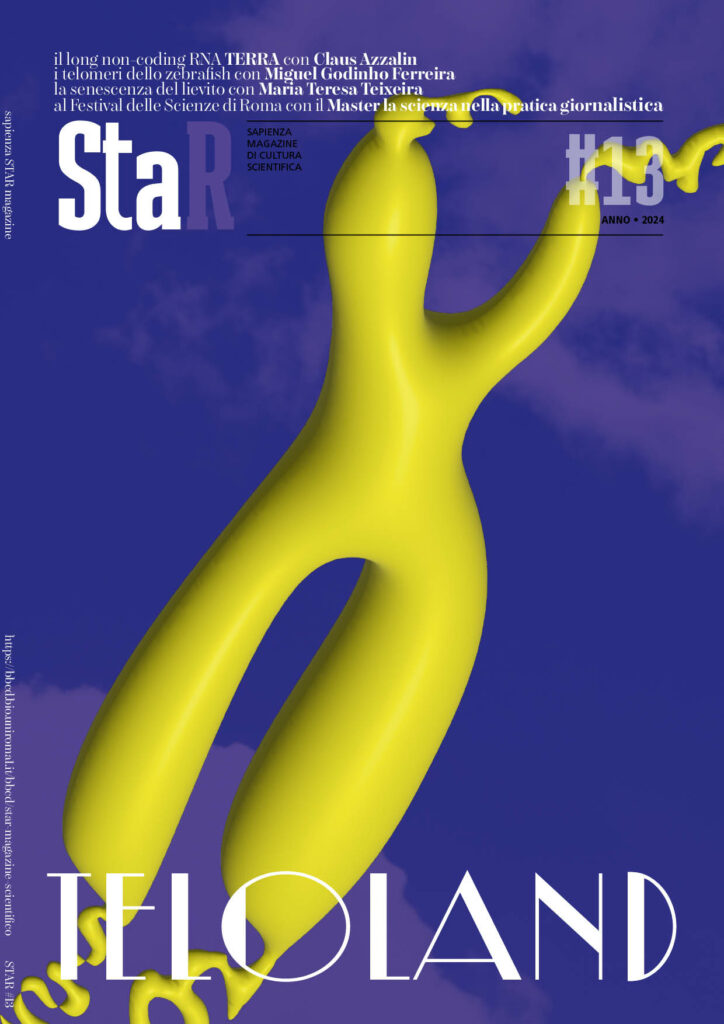



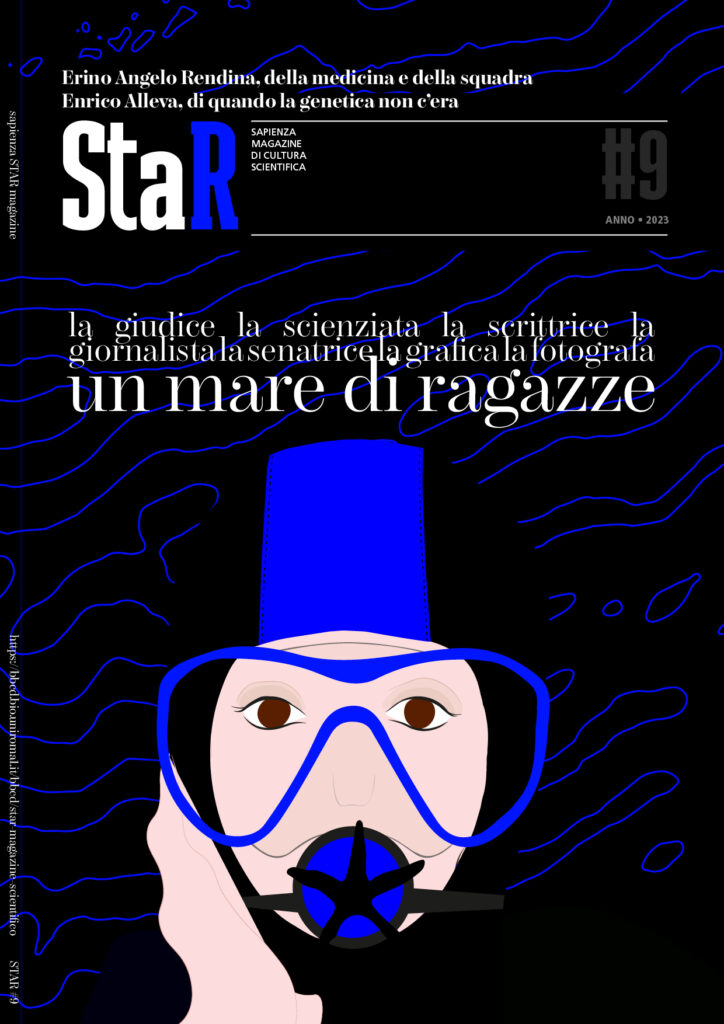
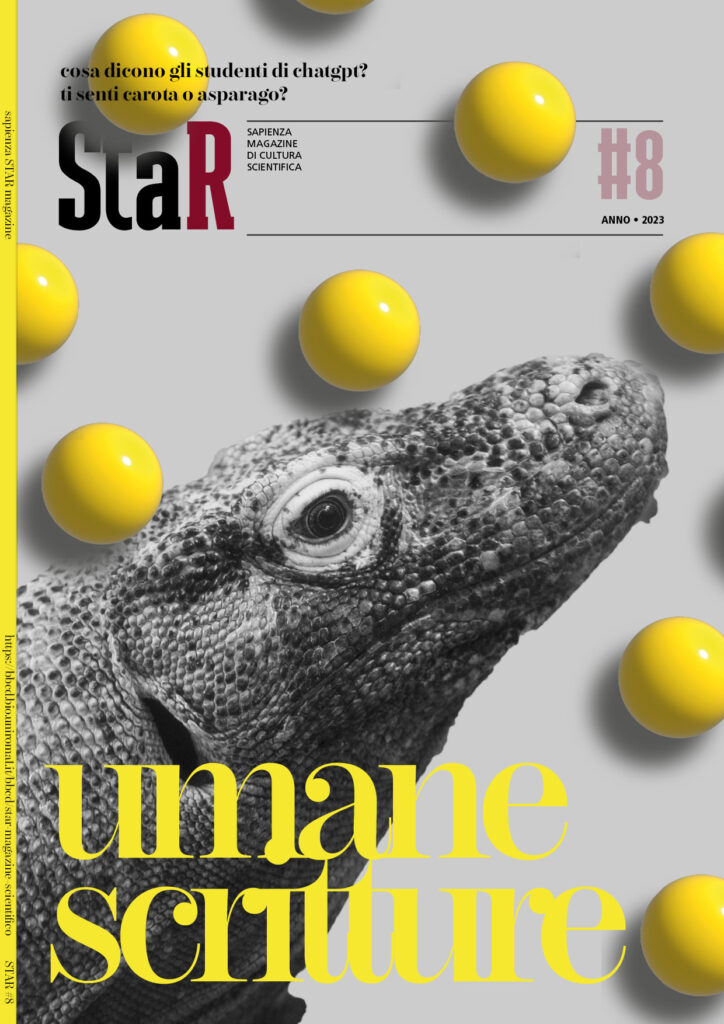
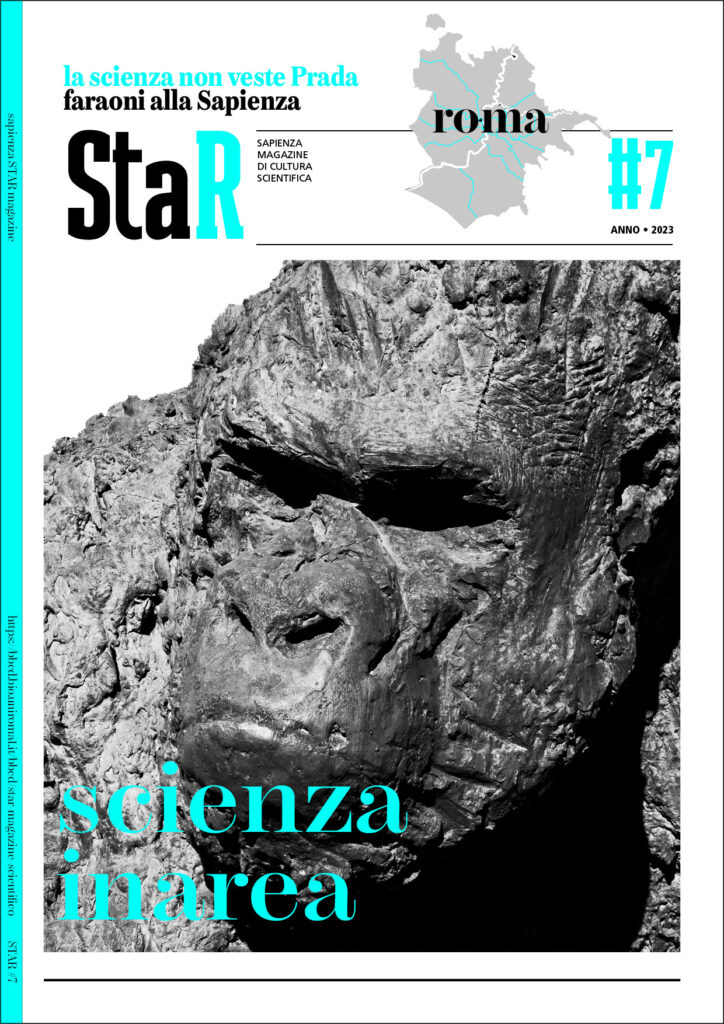



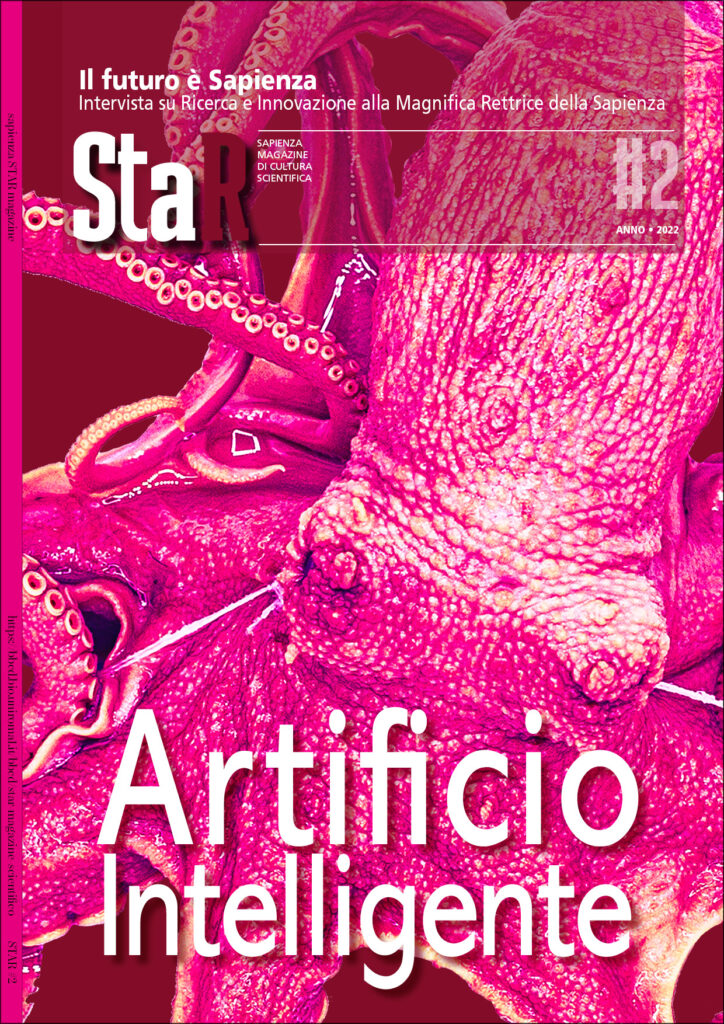

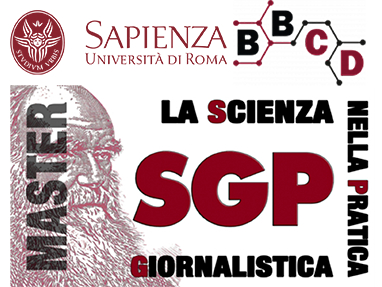
Commenti recenti